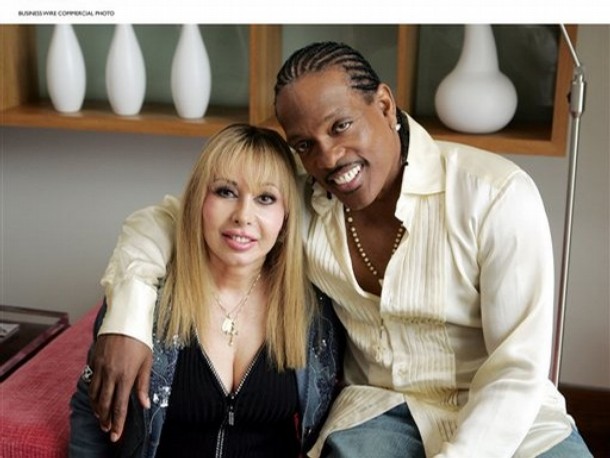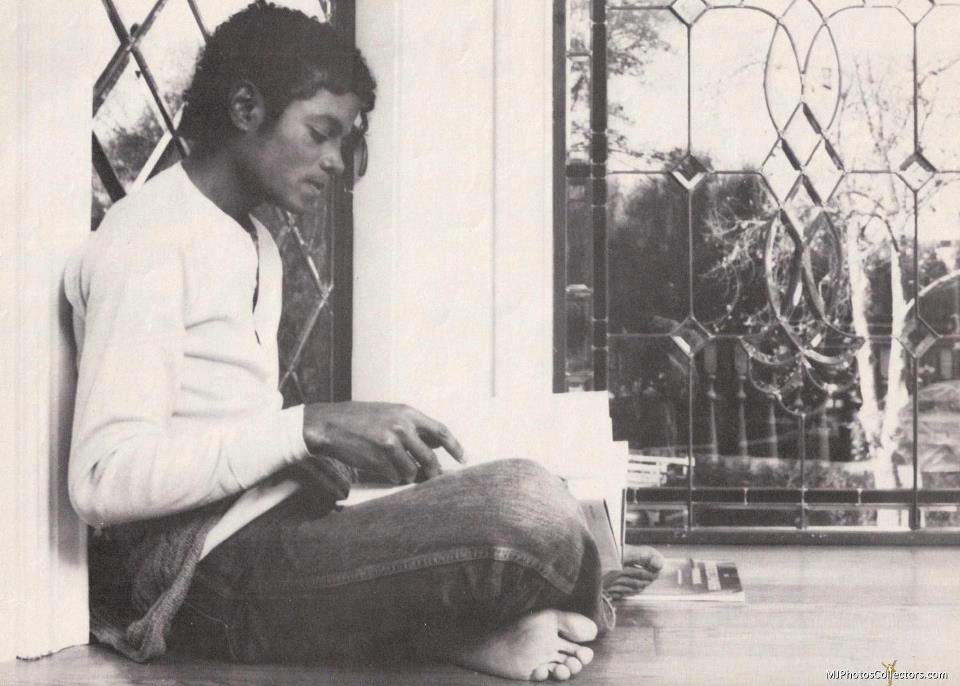When I meet people and they learn of my profession, the question is practically inevitable: “You’re a critic? Wow, what’s that like?”
And the answer goes something like this: “The perks are great, but in order for me to remain employed, there are deadlines to meet and standards to keep.”
Covering a play or a concert or reviewing a CD means more than just dropping my 2 cents. It requires a basic knowledge of the performer and an ability to look beyond personal preferences in determining if the final product is quality or … well, just craptastic.
Critics should utilize high levels of professionalism and decorum. This is something another critic, Chloe Papas of Australia’s X-Press Magazine, decided to abandon in her widely debated review of R&B singer Chris Brown’s new CD, Fortune.
Using his 2009 domestic assault of artist and ex-girlfriend Rihanna as background, Papas rips the album’s musical contents to shreds, calls his fan base “disgusting” and ends the diatribe with, “Final words: Don’t buy this album.”
Wow. How long will it take for Brown to earn forgiveness, and what makes him so different from others who’ve done horrible things and maintained careers?
Please don’t take this as an endorsement of Chris Brown: I understand the outrage that his actions caused, and it’s disappointing that he solved conflict with physical violence.
However, in the years since the incident, Brown publically apologized, completed his domestic violence counseling and performed the required community service. He is still on court-ordered probation, true enough, but the fact that he won his first Grammy and watched Fortune debut at No. 1 on musical charts demonstrates his talent.
As a critic, I know that some performers are more endearing than others and that we cannot always overlook the personal biases that can creep into reviews.
But what I have yet to figure out is how other famous folks, especially much older ones with much longer criminal records, manage to escape the same eviscerating attacks.
Imagine how well these “reviews” would have been received about other past and present performers who’ve done bad things while entertaining the masses:
“Elvis Presley got engaged to an underaged girl: Don’t buy his album.”
“Kristen Stewart cheated on her boyfriend with a married man: Don’t see the latest Twilight.”
“Charlie Sheen assaulted his wife and used cocaine: Boycott his newest sitcom.”
Do we no longer separate artistic merit from personal shortcomings? And if it’s all about crime and punishment, who decides which celebrities get perpetual passes after committing illegal or immoral acts?
If Papas’ formative years were constantly under scrutiny and her every move debated on Twitter, YouTube or Access Hollywood, could she stand up to the criticism?
Working as a critic can be a pleasure or a pain, especially when covering performers who just don’t appeal to you. If the CD’s production is wack or the songs are sub-par, I’ll certainly say so.
But I won’t misuse the platform of media to denounce the lives of fellow human beings, especially since I’m far from perfect myself.
Lorrie Irby Jackson is a Briefing columnist. Email her at lorrie.irby@gmail.com.



